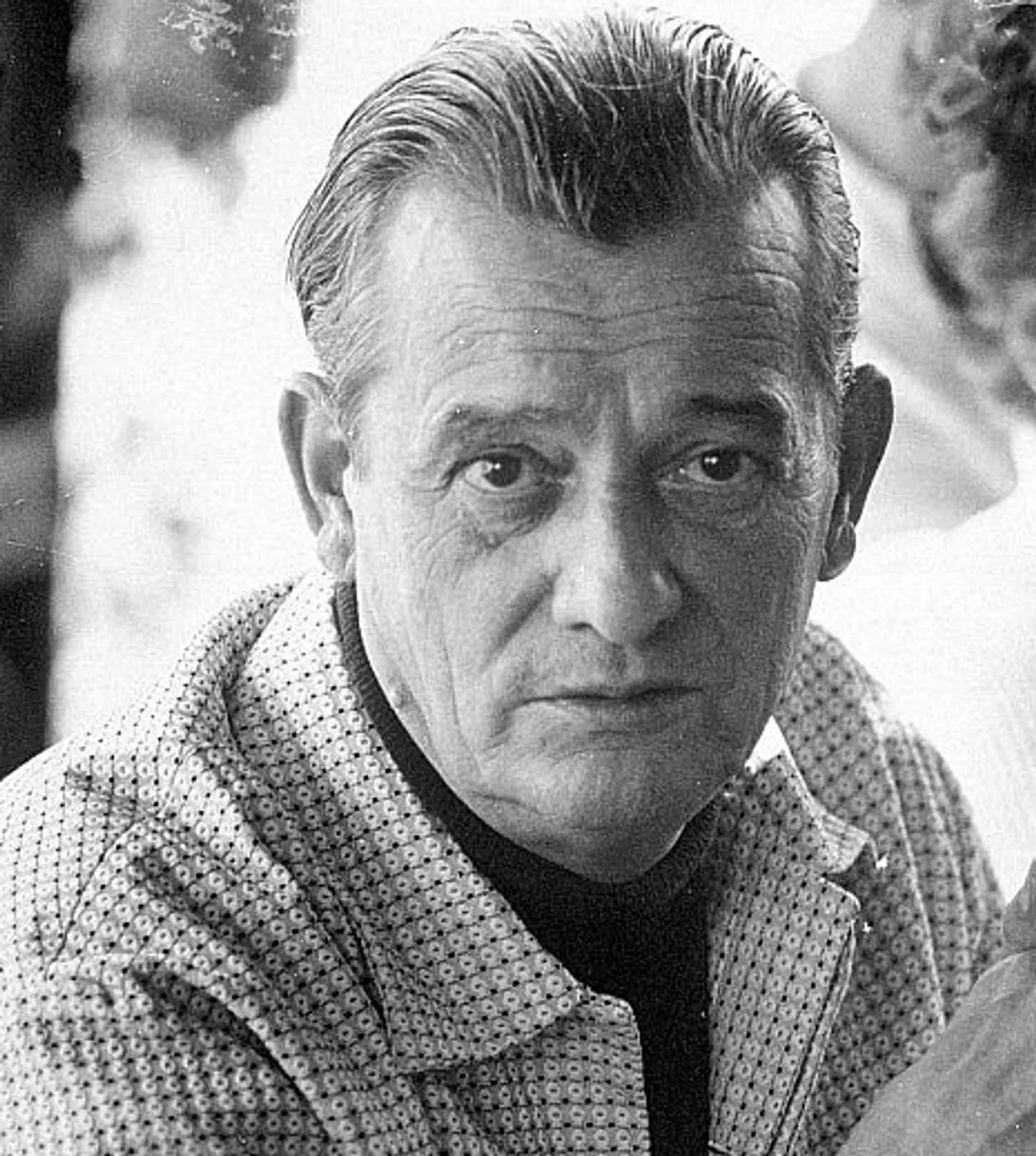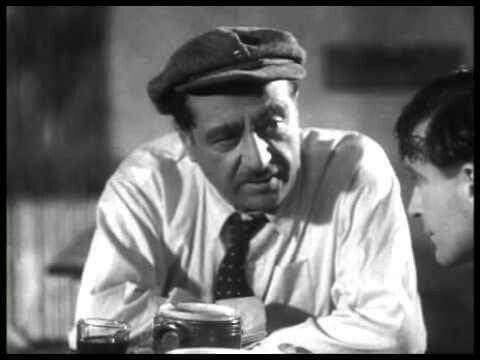I divide French literature into two categories. Very presumptuous of me, but there you are. There are those who write from the brain, like Voltaire, Racine, Descartes, Pascal and Sartre. And those who write from the heart, like Villon, Molière, Hugo, Balzac and Zola.
Flaubert? Funny you should ask. I’d say—this may be heresy—Madame Bovary, brain. Sentimental Education, heart. His letters? All heart.
(Please don’t take me to mean that the heart writers are without brain power.)
Marcel Pagnol (1895-1974) belongs resolutely in the heart category.
Wiki says, “his work is less fashionable than it once was.” Note the word “fashionable.” Beware of that word when it is attached to a literary figure and to their work. Who the f&%$ cares if a book is fashionable or not? What is it—a coat?
Pagnol writes from his heart, and he speaks directly to yours. The heart is where truth resides, not in our brain, that great deceiver. Some of us spend our whole lives trying to avoid the influence of our brain, that conniving crafty creature that does everything it can to keep us from authenticity. “The heart knows,” as Philip Roth said.
Marcel Pagnol was born in the town of Aubagne, in the South of France, about 12 miles east of Marseille, in 1895. His father was a schoolteacher. His mother, a seamstress. He celebrated his parents tenderly and memorably in two books, My Father’s Glory and My Mother’s Castle. If you want to see what a happy childhood was like, read these books.
Pagnol had a remarkable career as a writer and filmmaker. You could say he was a regional writer, but that would be like saying Faulkner was a regional writer. He loved and cared about his characters, the men and women of Provence, and their problems, heartbreaks, needs, loves, hopes and betrayals.
In America, Pagnol is probably best known for the 1986 films, Jean de Florette and Manon des sources (Manon of the Spring), directed by Claude Berri. (Pagnol himself directed a version of Manon of the Spring, released in 1952.) These films take place in a village in Provence in the 1920s and indeed have a Faulknerian sense to them. They star Yves Montand, Gérard Depardieu and Daniel Auteuil.
I love those films, but I love the three early black-and-white films made from Pagnol’s works even more: Marius (1931), Fanny (1932) and César (1936). These films—which began their lives as plays—star the marvelous Raimu as the boisterous owner of a bar on Marseille’s Old Port and Pierre Fresnay as his son, Marius.
Even in their grainy, early-film, melodramatic way, they stir the heart still. Marius, watching the ships in the port departing for exotic places, longs to go with them—and eventually does, leaving Fanny, a local girl he has slept with, pregnant, without him knowing.
These films are worth seeing for Raimu’s performances alone. This actor, from Toulon, who Pagnol called a genius and who Orson Welles said was “the greatest actor who ever lived,” is larger than life. He swagers and rages and is operatic in every sense, even in his speech, because his Provençal accent is the music of the region.
Have a look at this excerpt from Marius (1931), a famous scene where four friends are playing cards—César, played by Raimu, Panisse (whose name might be familiar to fans of Alice Waters and her restaurant, Chez Panisse) and two other denizens of Marseille’s Old Port. You can hear the Provençal accent in full flower, bouncing, rolling, careening like a roller coaster. Raimu is cheating, and he is over-the-top blatant about it. Panisse, furious, quits the game. After which, César declares, “If you can’t cheat among your friends, why bother to play?”
Pagnol also directed, with Raimu as the star, films made from books by Jean Giono, another Provençal writer but whose domain was haute Provence, not the coastal region of Provence. These films, most notably, La femme du boulanger (The Baker’s Wife), are delightful and moving as well.
Anything he touched is worthwhile.
When does the heart go in and out of fashion?





I love this piece, Richard. I'm such an old romantic. And yes, life is where the heart is.
Brilliant! Thank you, merci bien, Richard, j'ai pas compris un mot mais. . . it was totally understandable anyway. And right, a great actor.